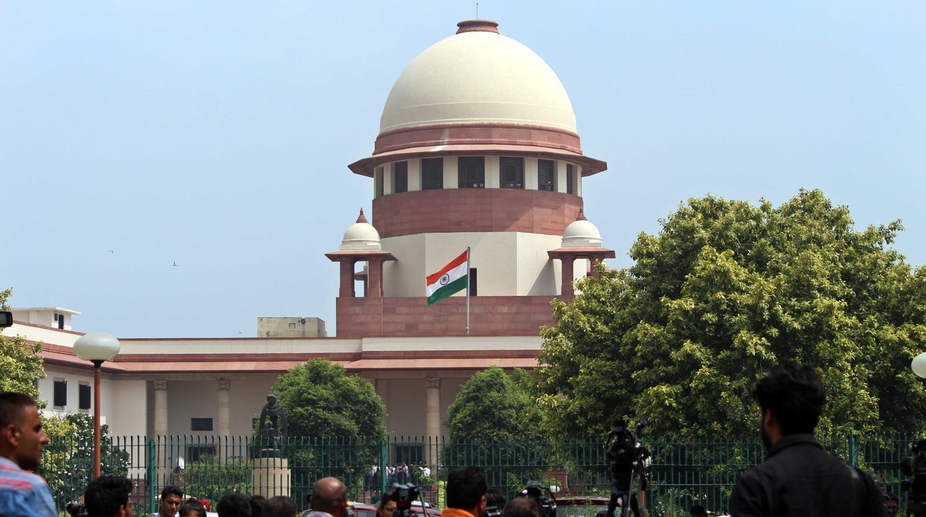It may have been sheer coincidence, but coming soon after a Bench of the Supreme Court reaffirmed a point earlier made by the Law Commission that the exorbitant fees charged by top lawyers resulted in the poor being denied adequate legal representation in courts, a study by the National Law University questioning the quality of what was made available through the legal aid system only underscored the point that had been made a few days earlier by Jusices Adarsh K Goel and UU Lalit. The study had involved soliciting the views of a number of former judges ~ they were not named lest that divert attention away from what they said ~ and a common opinion was that the system of free legal aid hardly served the interests of justice. One judge said the system only helped “briefless lawyers”, another said it was a “farce”.
None of the judges interviewed during the study found the system satisfactory. “The right to a fair trial becomes almost illusory when the quality of legal representation depends on the litigant’s economic means,” the study emphasised. “In practice, the aid was for the lawyer and not the accused as it ensured an income for briefless lawyers”, said a judge who had earlier served as the advocate-general to a state government. Distinct frustration was evident when another former judge lamented “what else can be done”. And that pointed to a collective failure of the system to ensure the citizens’ fundamental right to be defended by a counsel of their choice since they might not be able to afford counsel of requisite ability. The lawyers appointed by the courts were those who did not have much practice, worse they took limited interest in the cases handed out to them.
It is disappointing that the National Law University did not attempt to ease the serious situation it had identified. Maybe it could consider asking leading students to take up such cases for a token fee, the rules could be amended if they came in the way of students “appearing” in court. That would give the student hands-on experience, maybe a method could be devised by which good work by a student could be “rewarded” in terms of marks or grades. The Supreme and High Courts could persuade their Bar associations to ask top lawyers to accept a certain number of pro bono assignments ~ merely calling for remedial measures is not good enough. True that the law ministry could play a major role, alas little that is sarkari inspires confidence. Yet the prevailing situation cannot be permitted to persist, and it would be unfair to assume all top lawyers are too mercenary to help address the problem. The common impression that only the rich get a fair deal in court actually militates against a cardinal principle of “justice”.











